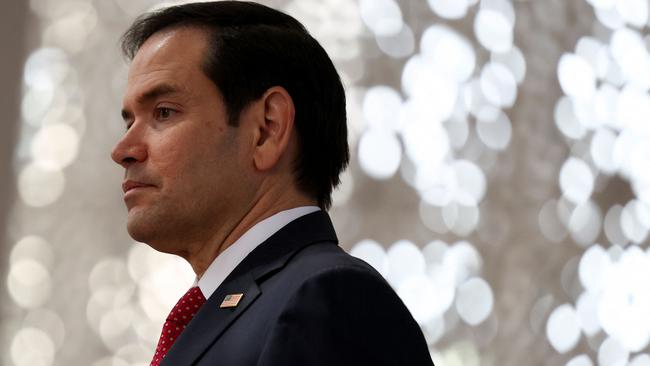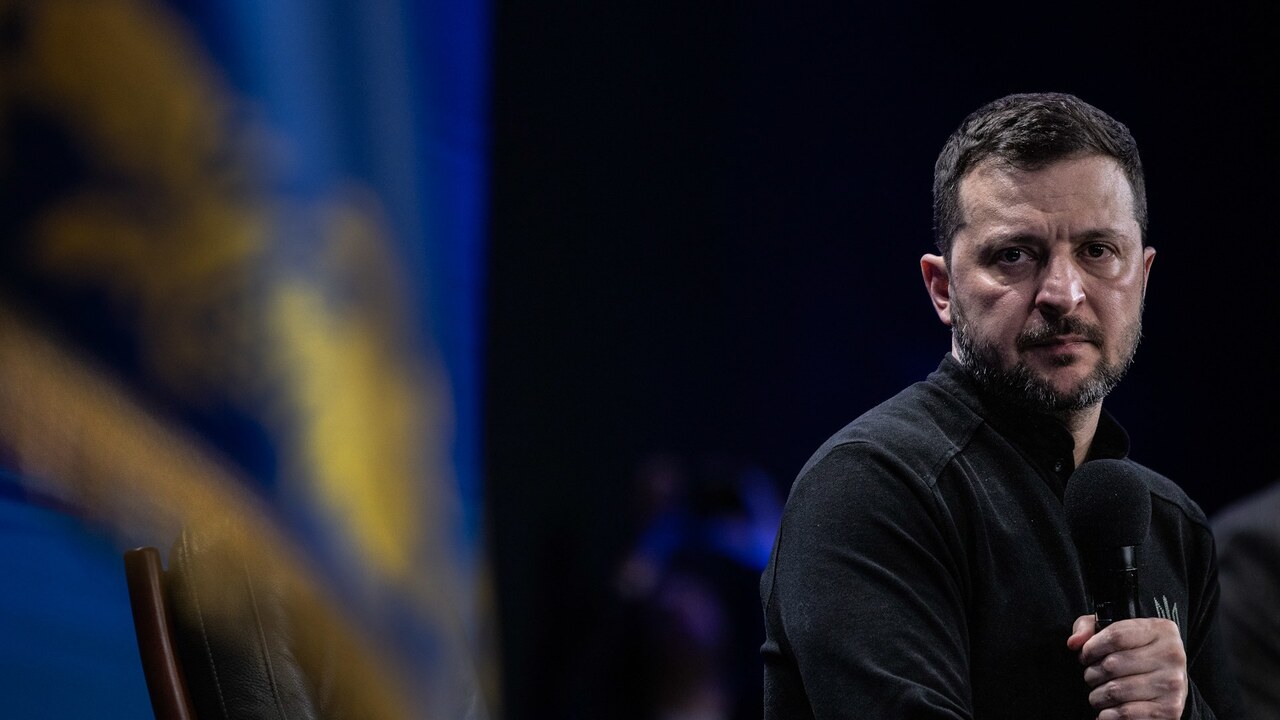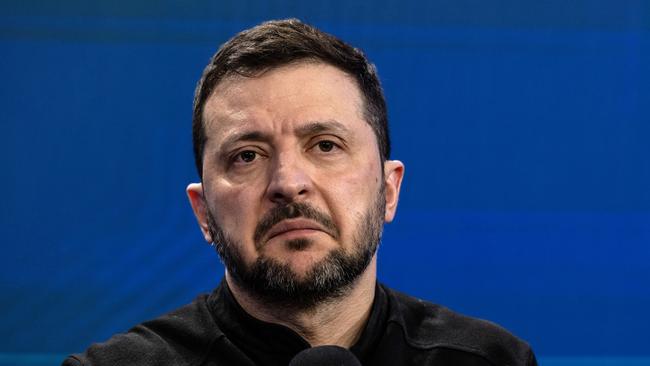Australia has a lot to learn as rare earths form big part of the new US foreign policy


Australians, including the business community, need to understand the pillars and the implications of what is happening in Ukraine, and the message from Chinese warships interfering with international aircraft.
Last week I explained that a vital part of Trump’s Ukraine war settlement proposal concerned rare earths and minerals and the person behind that strategy was Elon Musk, who has an entrenched belief in the importance of rare earths and associated minerals like lithium to the future of the US.
In the middle of those negotiations, Zelensky accused the US President of virtually defrauding Ukraine of its assets.
In Trump’s deal-making rule book, if you act publicly like that you can expect the most vicious reply imaginable. And that’s what happened.
Arguably Zelensky was lucky because Trump went over the top with obviously inaccurate statements, so in the wider world Trump did not win the exchange.
The negotiations over the minerals had to continue not only because of the pillars. Trump is offering a form of American-Ukraine security linked to the mineral deposits.
If Zelensky’s people are very smart, they might gain some of the deposits in areas currently under Russian control.
For that to have a chance of happening, Russia may need some wins including the use of Russian gas, removal of Zelensky and perhaps help in eastern Russia where China looks to take control.

Russia must have a nagging technological doubt about the outcome of the Ukraine war, which could make it more anxious to reach a settlement.
Ukraine has developed a system of drones that enabled it to recapture a significant area from Russia, without the use of troops.
The technology is clearly in its early stages and we are not sure whether Ukraine has used it again and whether Ukraine was able to hold the land it captured.
Australia not only has a vital interest in the rare earths discussions but, like Ukraine, has neighbours with far greater populations and much larger armies. Accordingly, we need to be part of this aspect of Ukraine’s drone research and development so we can adapt it to our situation.
To his credit, Prime Minister Anthony Albanese handled the Trump outburst far more skilfully than Opposition Leader Peter Dutton, who played popular politics without fully understanding what appears to have taken place.
It’s important to understand the basic pillars of US foreign and domestic policy and how President Trump operates in this new framework.
• The US State department activities must meet an overriding test for current and future actions – unless they are in what the Trump administration believes to be the interest of the US they will usually be dropped. The introduction of this new policy was in US aid.
The mechanism the US used to implement the policy was to stop everything and then step by step reverse the process, so the aid can be justified in terms of US interest. In areas of climate, gender diversity and aid believed to be linked to organised crime, the aid was not restored. One government group, USAID, abused the process and was dealt with harshly. Meanwhile, as is happening in most areas of the US government, Elon Musk’s DOGE people work with the continuing aid programs to lower the costs of delivery.
• The US believes that it is dangerous for the world if there’s no regular contact between the three major nuclear powers – Russia, China and the US. There has been virtually no contact between Russia and the US for most of the Biden administration, so irrespective of what happens in Ukraine, dialogue must be restored.
• The Hamas treatment of hostages means that Hamas must not be allowed to have any role in governments anywhere in the Middle East.
• Iran must not have nuclear weapons because the regime has used any spare money it generates in funding the Yemen rebels, Hezbollah, Hamas and other causes. An Iran with nuclear weapons would have a devastating effect on the region. The US hopes that Russia will come to a similar view.
• The US is opposed to a regime change in Taiwan imposed by force by China.
• The US does not want to be depend on China for key raw materials and high technology components.
• US allies in the Pacific region must not be intimidated by China.

Australia’s negotiations with the US, including trade policy, must start with what is in the interest of the US. Being a defence partner of America will have limited impact, given the new state department policy.
Like Australia, the US has made countless mistakes in defence equipment and policy. The Trump administration has removed a number of top defence officials.
The next Australian government will almost certainly need to follow the US in top defence official removal and to start aligning defence policy with our national interest.
China was reminding us of the woeful state of our naval and air defence equipment by sailing ships near our coastline.
But there is no way we can catch up in the next couple of decades, so in future we are going to need to be dependent on missiles.
David Archibald in the Wentworth Report points out that because we don’t have a navy that can protect our supply lines we must either totally rely on the US or establish manufacturing facilities to make rocket explosives and fuel. Unless we discover more oil we may also need to make oil from coal, as the Germans did in World War II.
We have a lot to learn.





Despite the clash between Presidents Trump and Zelensky, talks on Ukraine’s rare earths and associated minerals have resumed. They are an essential part of the new pillars of US foreign policy as set out by US Secretary of State Marco Rubio.